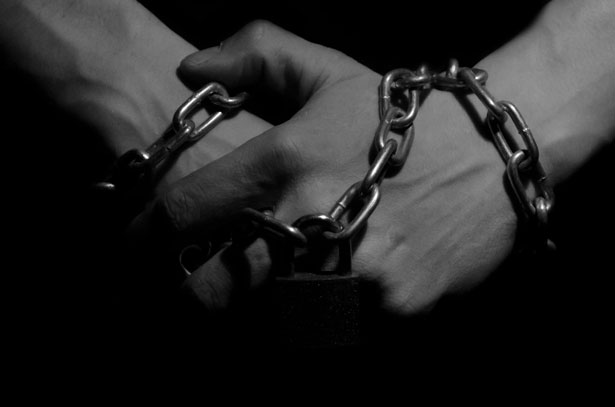Modern-Day Slavery: Bringing Awareness to Human Trafficking in 2017
National Slavery and Human Trafficking Prevention Month serves as a time to bring awareness to the issue of modern-day slavery: the trafficking in persons that occurs around the world and within communities in the United States. Human trafficking is the illega


